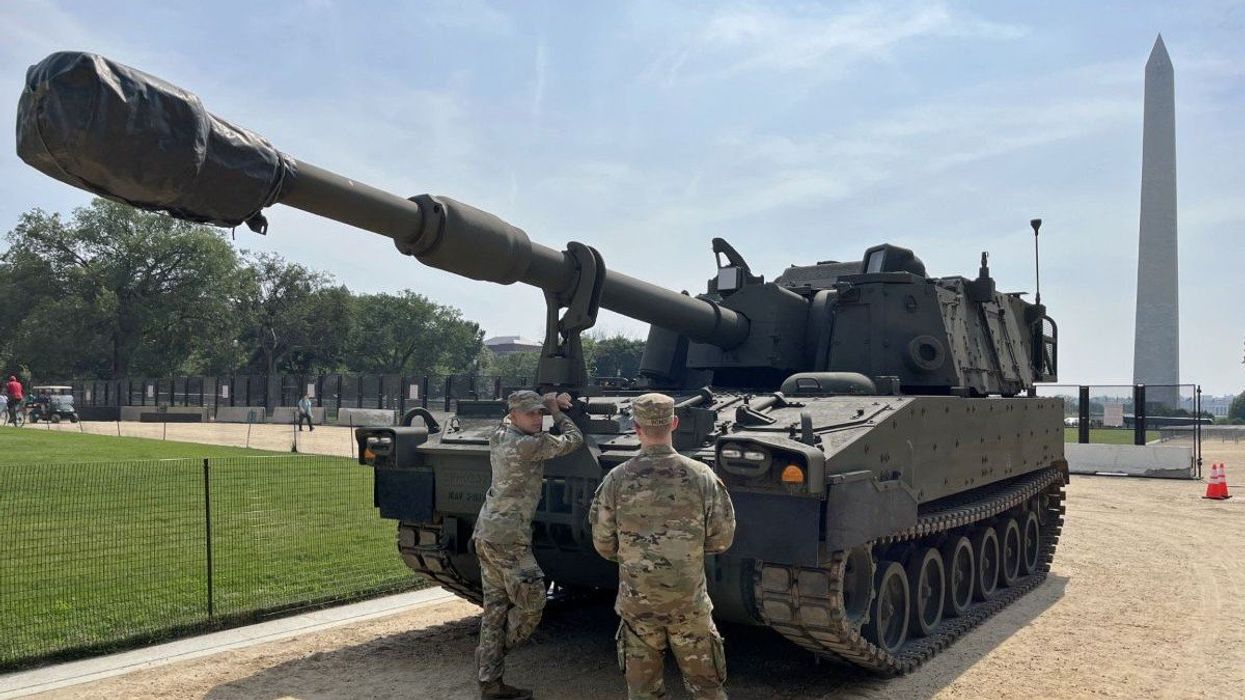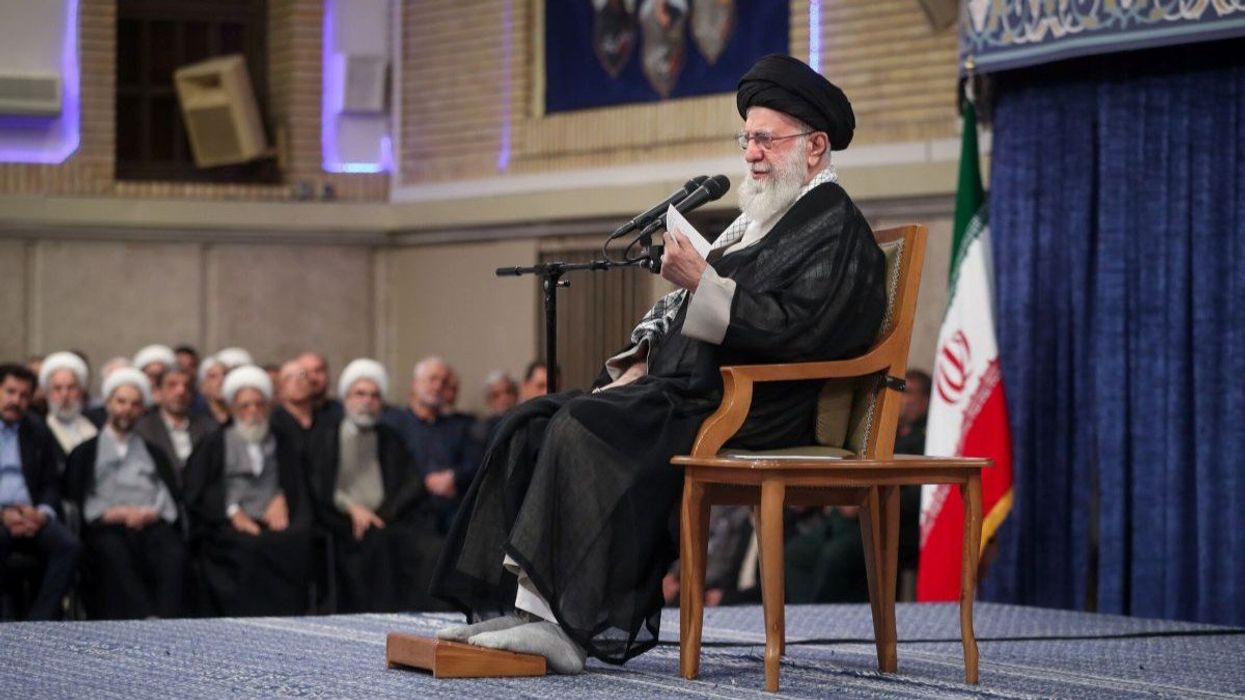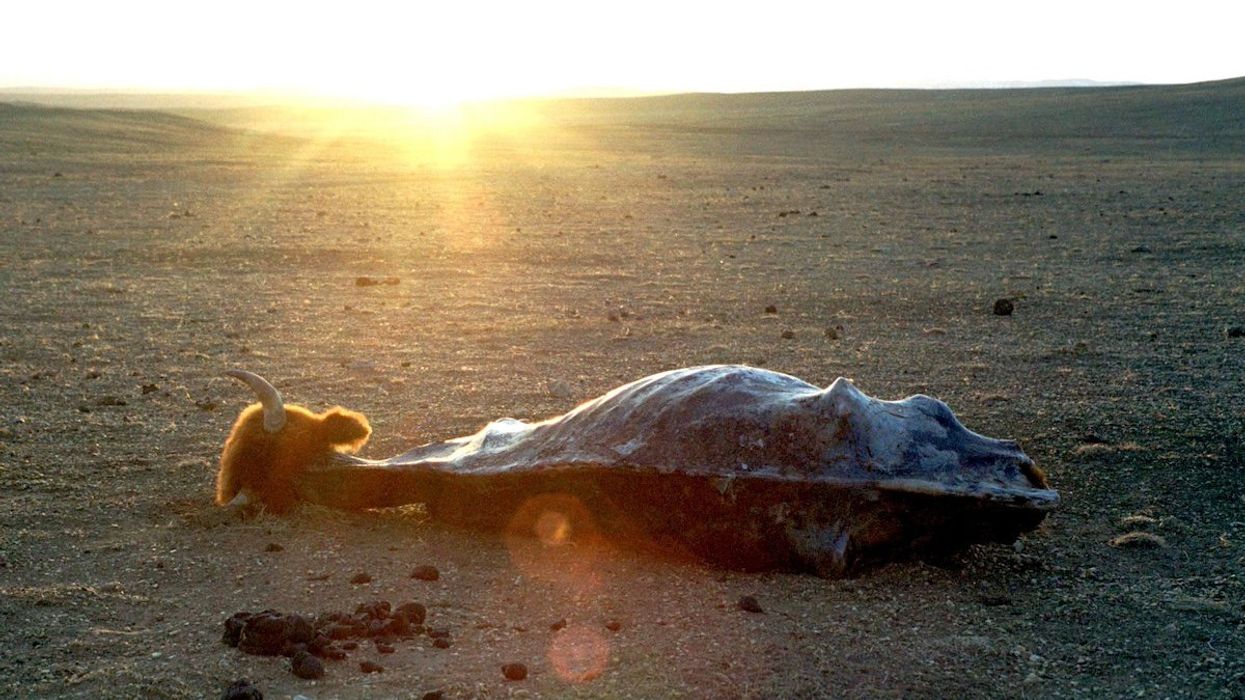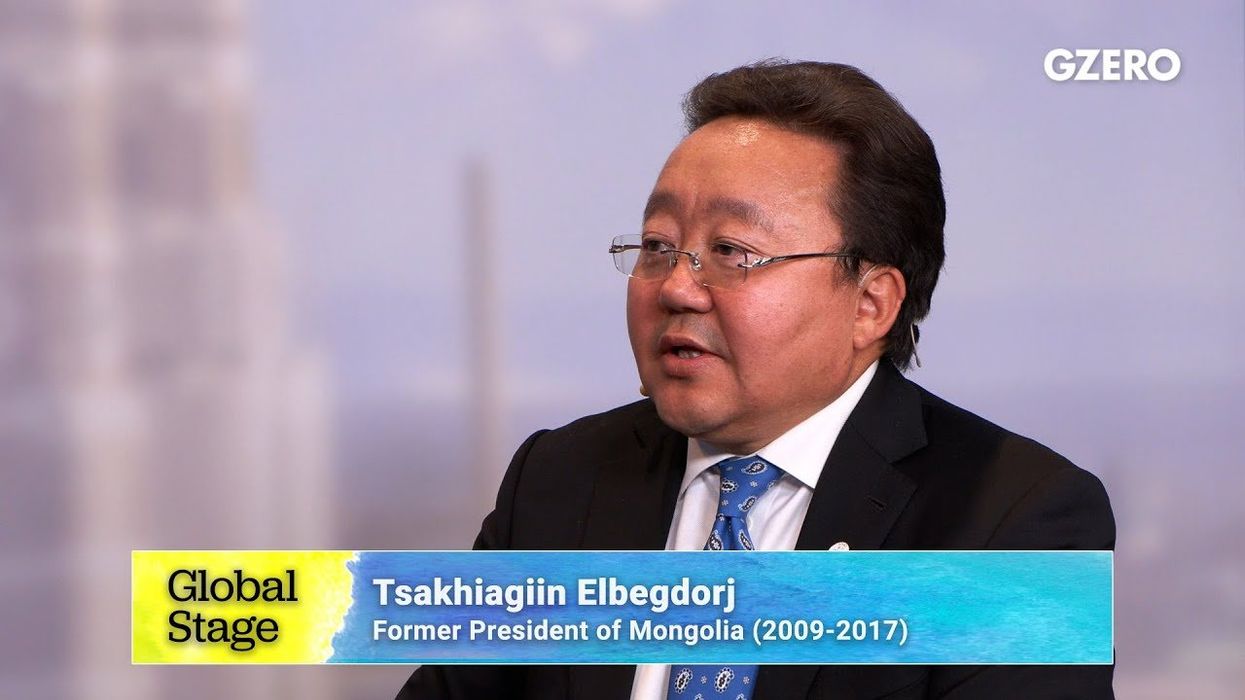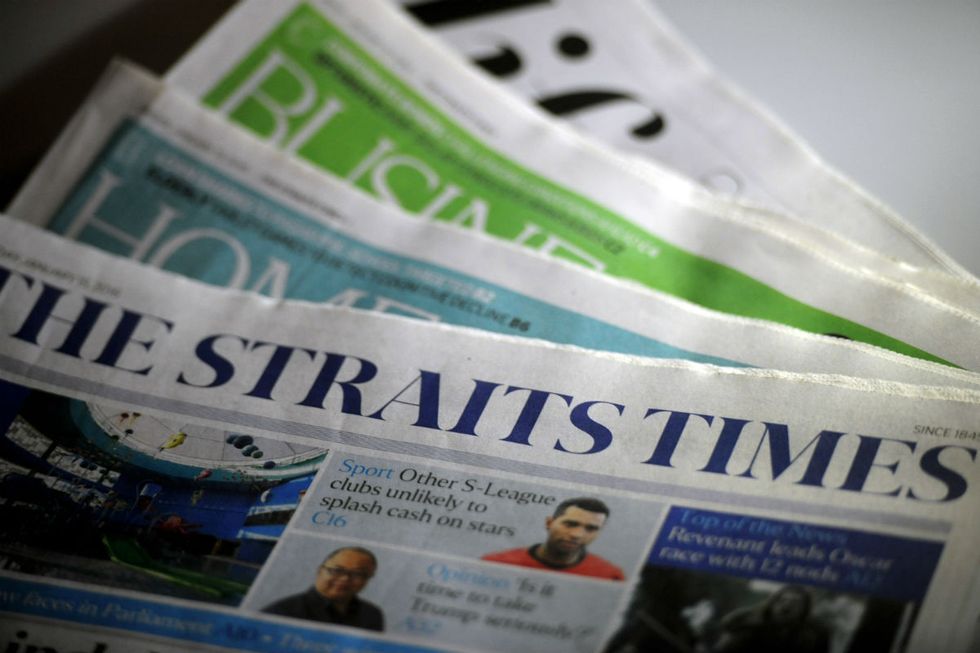What We're Watching
What We’re Watching: Trump’s parade prompts protests, Kenya protests turn deadly, Mongolia picks new leader
The official reason for this weekend’s military parade in Washington DC is to commemorate the 250th anniversary of the US Army – but the occasion also just happens to fall on President Donald Trump’s 79th birthday.
Jun 13, 2025
